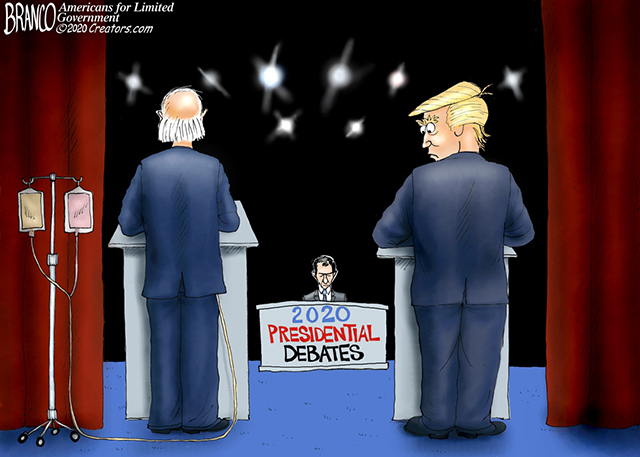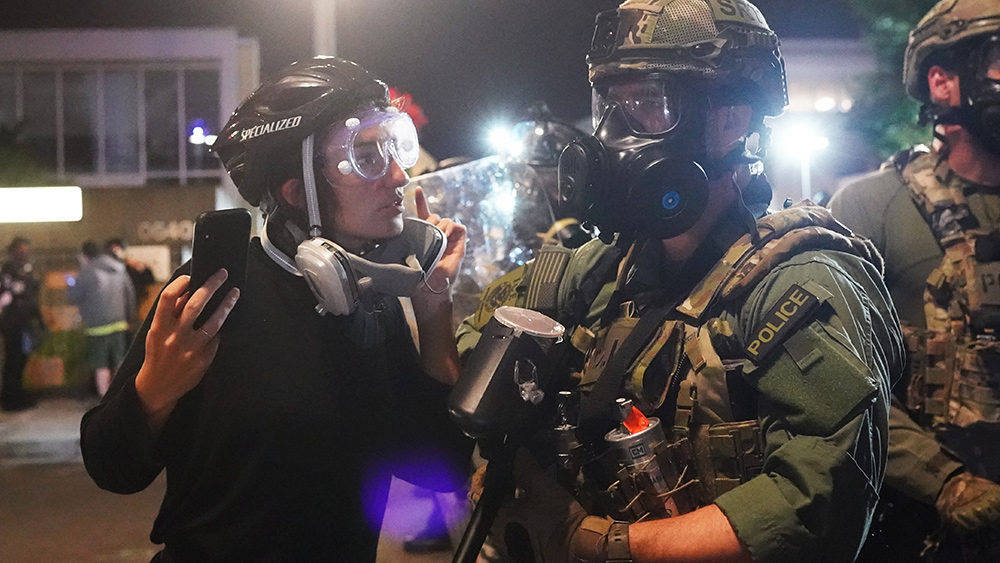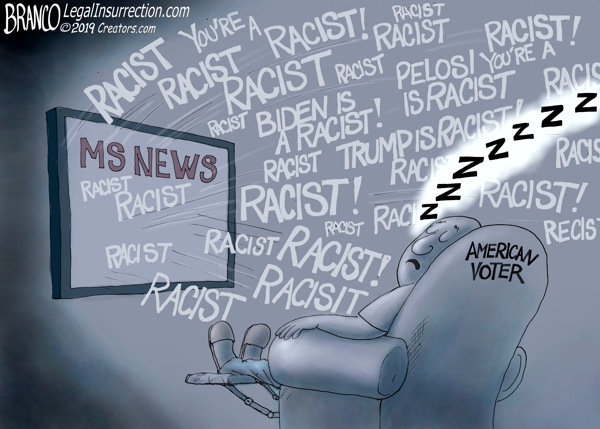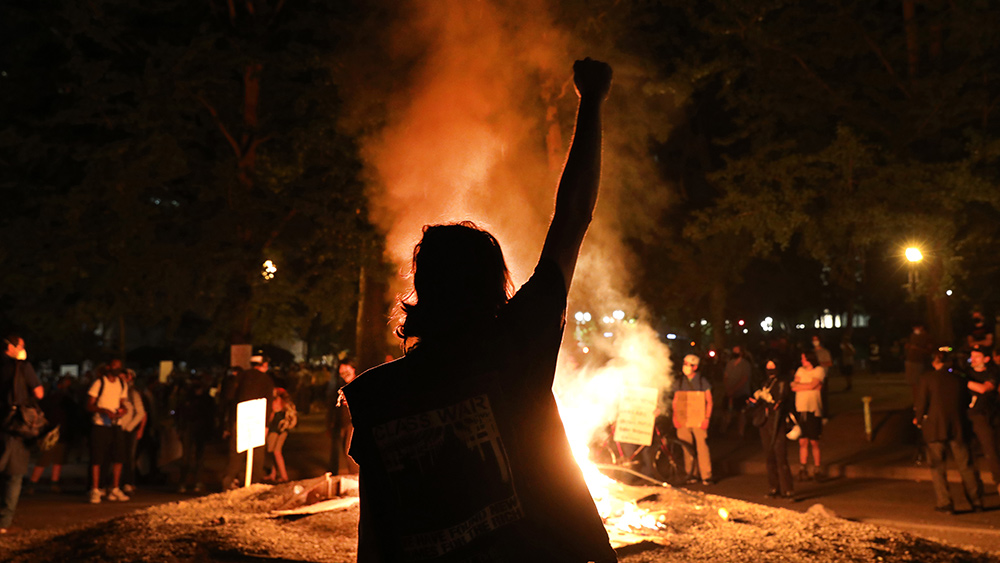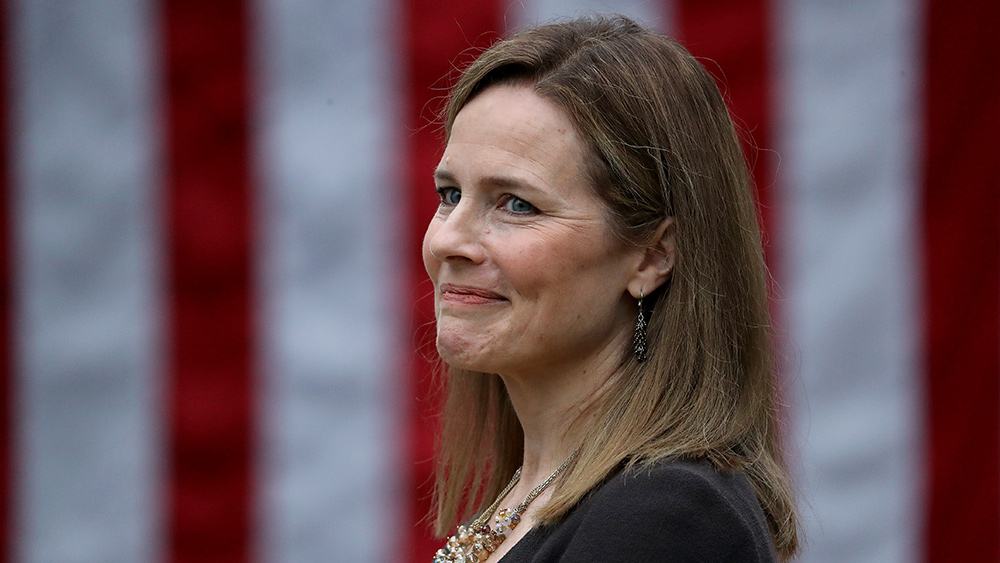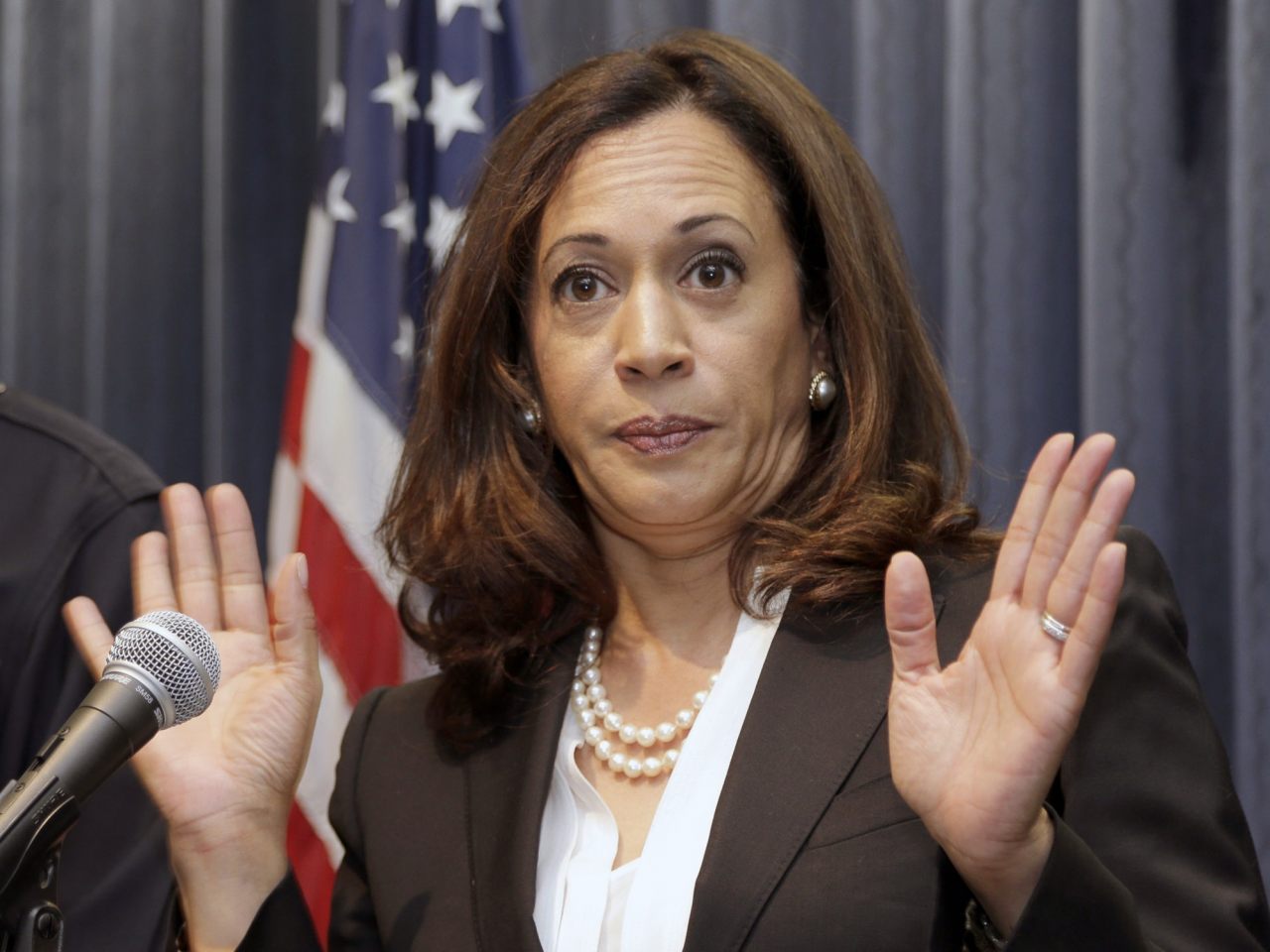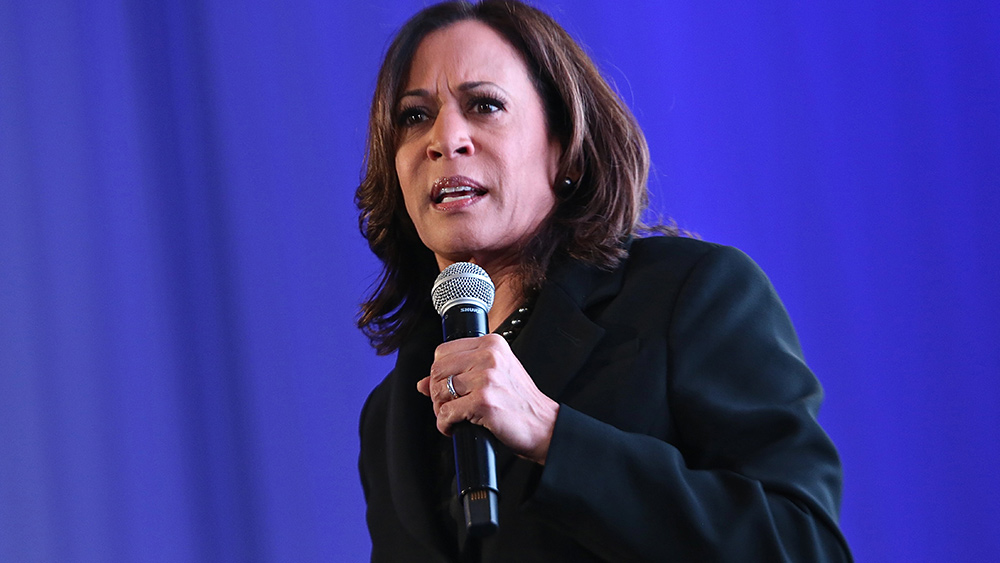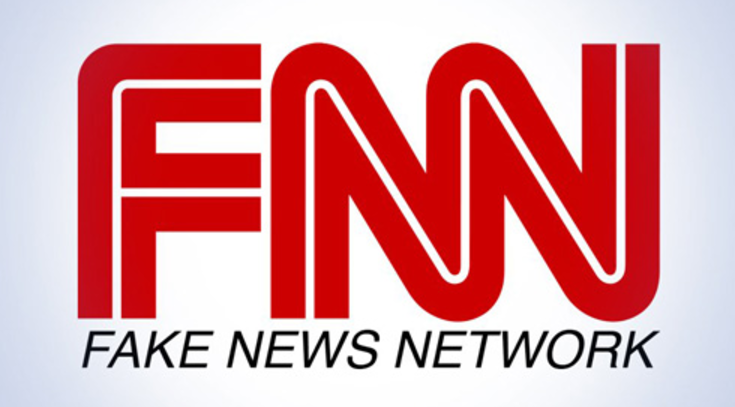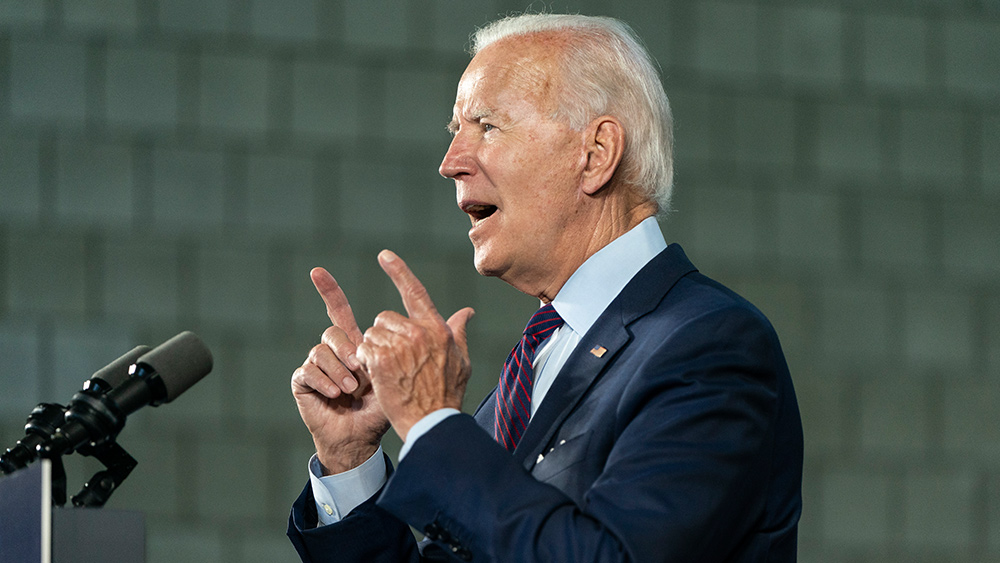Senate commerce panel to subpoena Big Tech over Section 230 protections
10/13/2020 / By Ramon Tomey

The Senate Commerce and Transportation Committee plans to subpoena Big Tech CEOs to inquire about federal protections that shield their companies from lawsuits. During a hearing, Mississippi Sen. Roger Wicker, who leads the committee, expressed his intent to summon Facebook’s Mark Zuckerberg, Twitter’s Jack Dorsey and Google’s Sundar Pichai before the committee after the three CEOs decline his initial invitations. A voice vote approved the motions authorizing the subpoenas — with no senators dissenting — for the hearing, scheduled before the Nov. 3 election.
The move comes amid a push to roll back liability protections in Section 230 of the Communications Decency Act of 1996 (CDA), which safeguard tech companies from lawsuits. Before the voice vote, Wicker expressed concern over Section 230’s protections shielding Big Tech censorship.
“Following repeated and consistent reports of political bias, and the suppression of certain viewpoints, I fear that Section 230’s sweeping liability protections … are stifling a true diversity of political discourse on the internet,” he added.
The Republican from Mississipi based his concern on surveys by Pew Research, specifically one conducted in August, which reflected a majority of U.S. adults believing social media platforms were likely to censor conservative viewpoints.
Nevertheless, he acknowledged the importance of Section 230 in how it “has undeniably allowed the modern internet to flourish.”
Proposals to roll back Section 230 liability protections for Big Tech put forward
Alongside President Donald Trump’s administration, many Republican lawmakers want to focus on altering these liability protections over allegations of censorship against conservative figures.
The Department of Justice submitted a proposal in September to change legal protections for Big Tech under Section 230. Attorney General William Barr outlined the need to review the law in a letter addressed to Vice President Mike Pence – in Pence’s capacity as the Senate President. According to Barr, social media platforms “no longer function as simple forums for posting third-party content,” but “suggest and promote content and connect users” through sophisticated algorithms. This power can either be utilized for good, or abused through censorship of lawful speech and promotion of certain ideas over others, Barr added.
Earlier in June, Missouri. Sen. Josh Hawley introduced a bill that lets Americans sue Big Tech firms in case they selectively ban political content on their platforms.
Hawley’s Limiting Section 230 Immunity to Good Samaritans Act removes the protections companies receive under the section—unless they update their terms of service and equally apply censorship rules on their platform to operate in good faith, regardless of political viewpoint. Plaintiffs who win these breach of “good faith” lawsuits against Big Tech companies will be awarded $5,000 and legal fees.
Hawley lamented how Big Tech companies have silenced political conservatives for too long with the help of the courts, who have “stretched and rewritten” Section 230 to give companies “outlandish power over speech without accountability.”
Censorship by Big Tech plays a big part in the upcoming presidential elections
Social media and its content moderation powers have undoubtedly played a big role in shaping the political landscape, more so in the November presidential elections.
In his speech, Wicker mentioned that both Trump and his rival, Democratic presidential nominee Joe Biden, have called for a review of Section 230 provisions.
“On the eve of a momentous and highly charged election, it is imperative that this committee … and the American people receive a full accounting from the heads of these [Big Tech] companies about their content moderation practices,” he said.
Sadly, the Big Tech censorship machine has been turned on and operating for some time. Mobile providers have blocked the Trump campaign from sending out messages to the incumbent president’s supporters. Social media platform Twitter has censored conspiracy theory organizations QAnon and InfoWars. With these events, the censorship will be turned up to eleven as Nov. 3 approaches.
Find out more news about Big Tech’s biased and wanton censorship of conservative content at BigTech.news.
Sources include:
Tagged Under: Amazon, Apple, banned, biased, Big Tech, Censored, censoring, Censorship, Collusion, Communications Decency Act, Conservative, Democratic Party, Donald Trump, election campaign, elections, Facebook, free speech, Google, intolerance, left-leaning, Leftist, Liberal, Liberty, President Trump, presidential elections, Section 230, suppression, tech companies, technology companies, Trump, Twitter
RECENT NEWS & ARTICLES
COPYRIGHT © 2017 LIBERAL MOB

